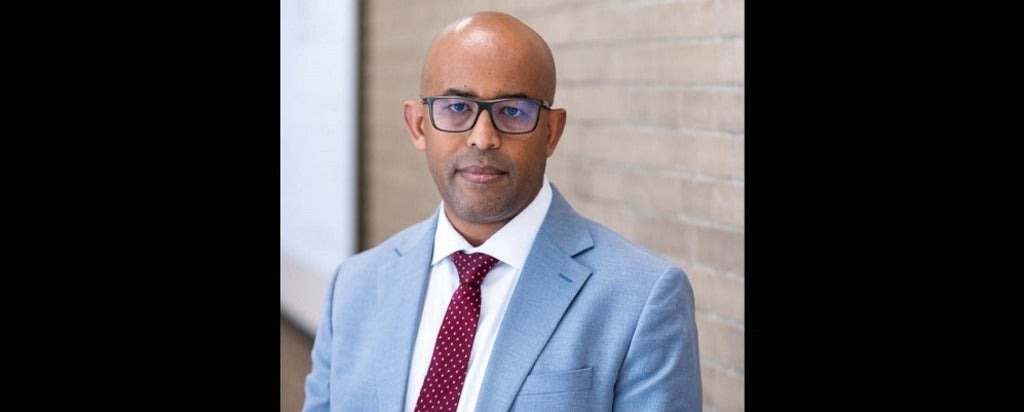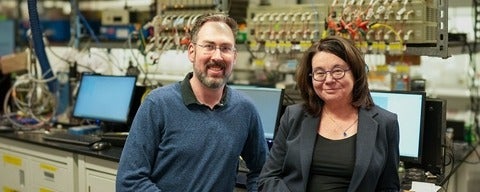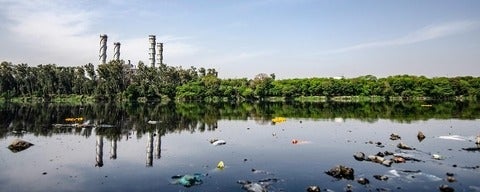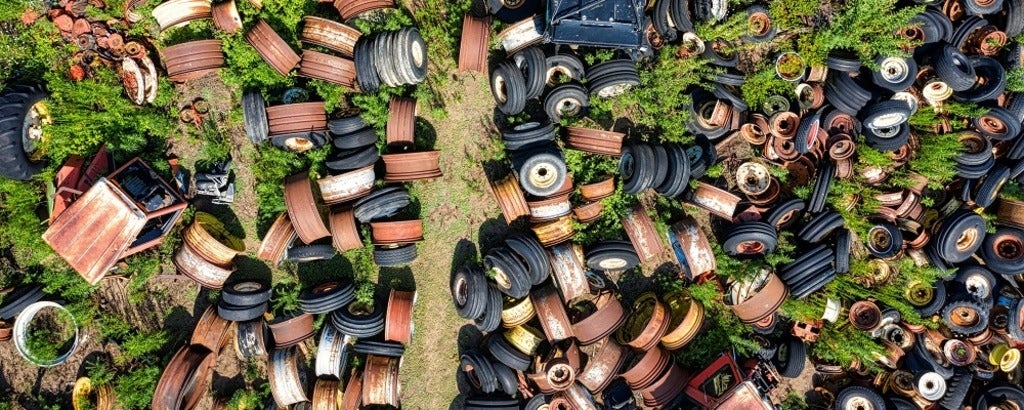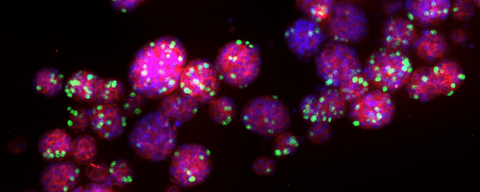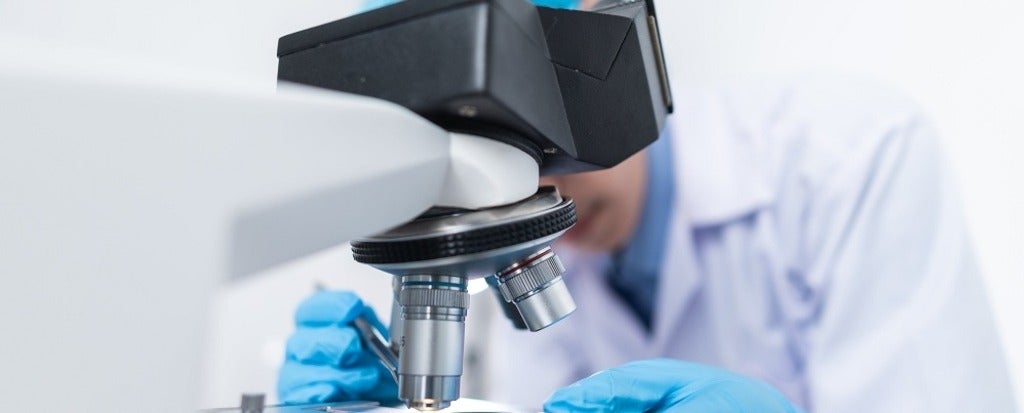Tizazu Mekonnen wins the prestigious Macromolecular Science and Engineering Division Early Career Award
Professor Tizazu Mekonnen has been awarded the Macromolecular Science and Engineering Division (MSED) Early Career Instigator Award. The award is sponsored by NOVA Chemicals.
This honour is bestowed upon researchers who have made substantial contributions to the polymer industry, aligning perfectly with Mekonnen's disruptive research in polymer engineering and sustainability.
Mekonnen spearheads a dynamic research program focusing on material sustainability. His initiatives range from developing polymers sourced sustainably to creating compostable plastics, crafting eco-friendly nanomaterials, and exploring low-carbon alternatives.
